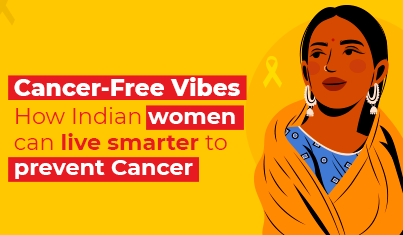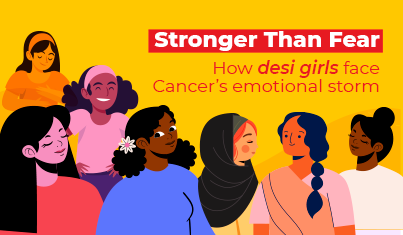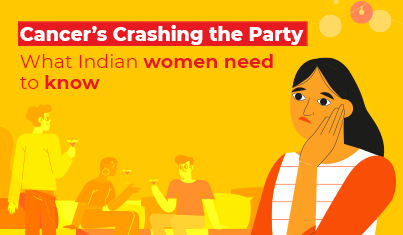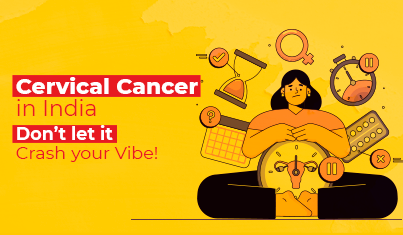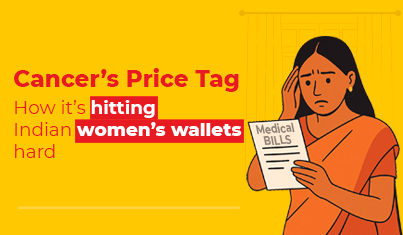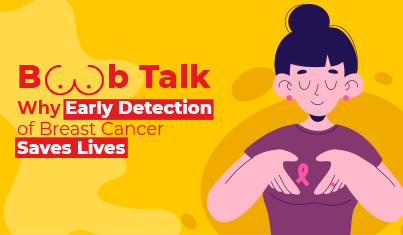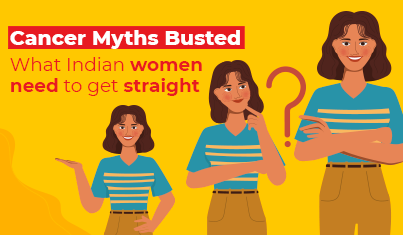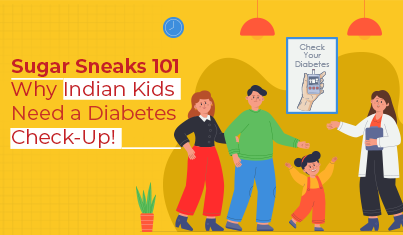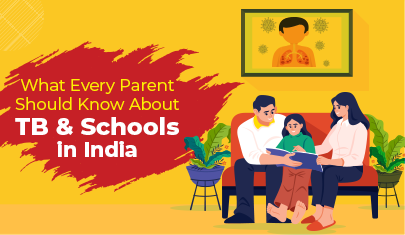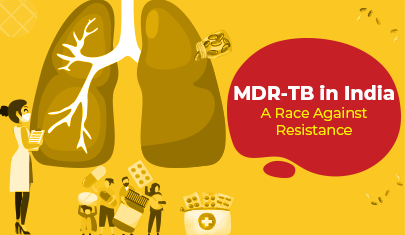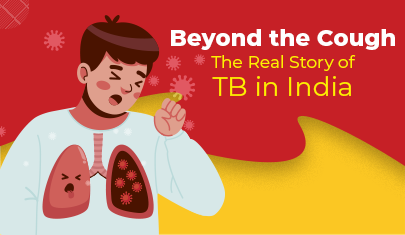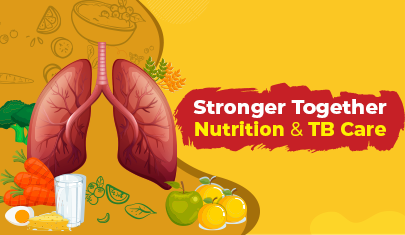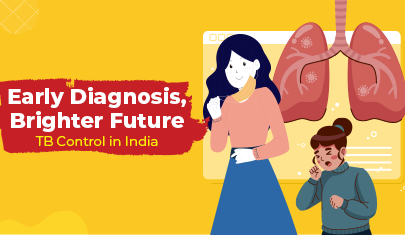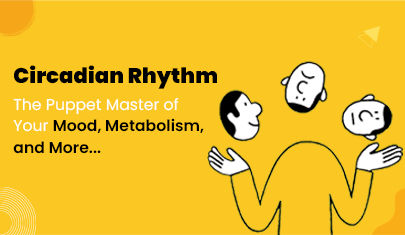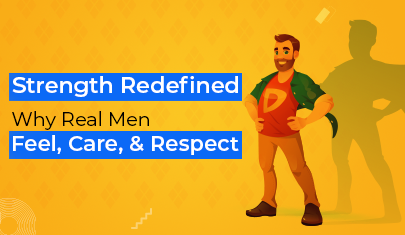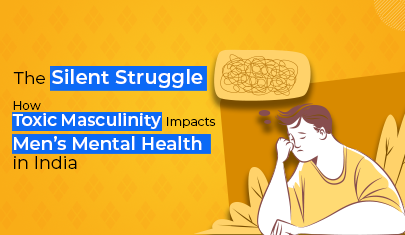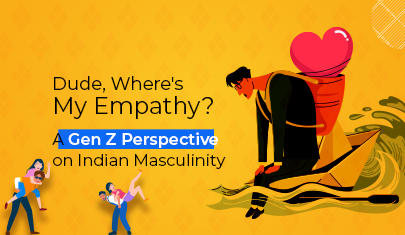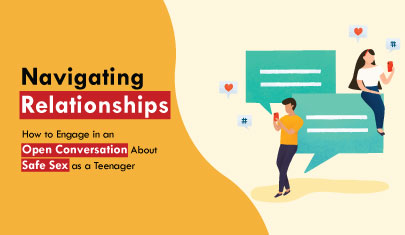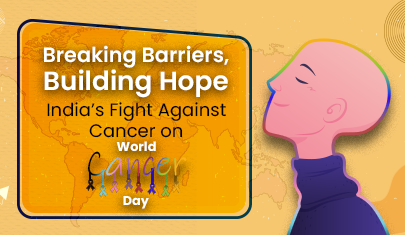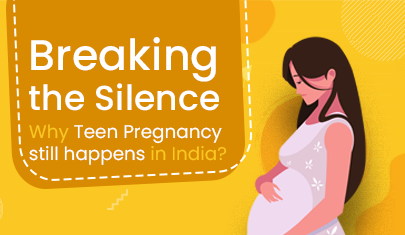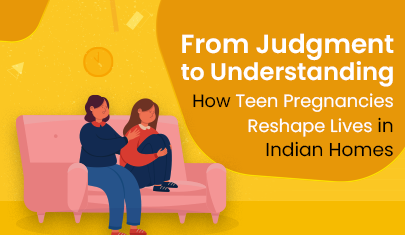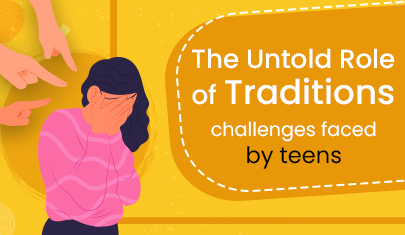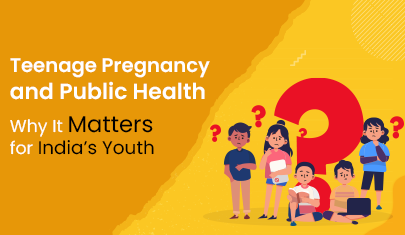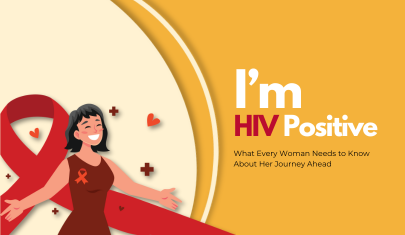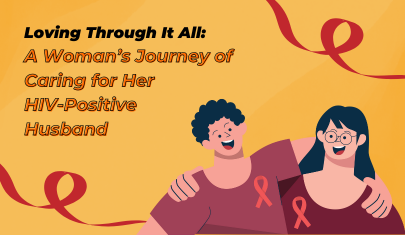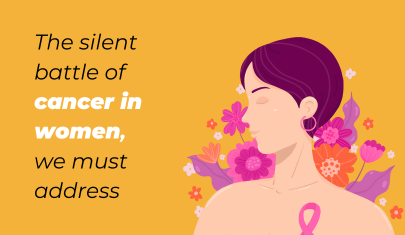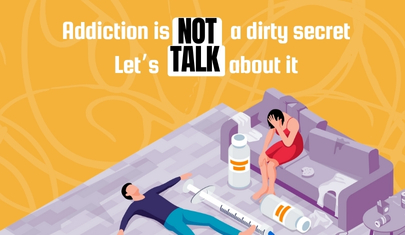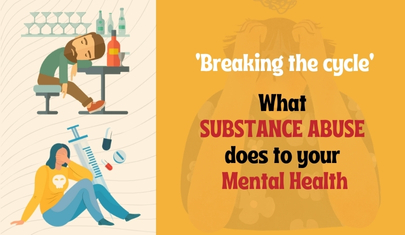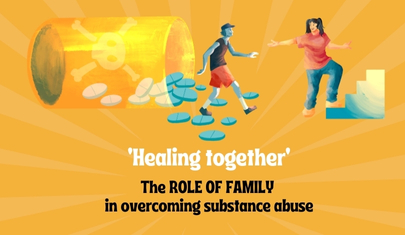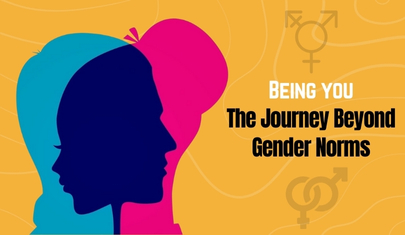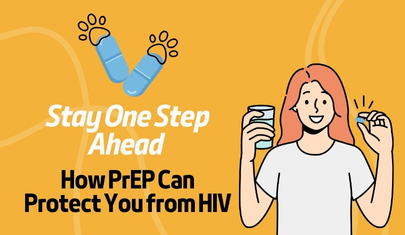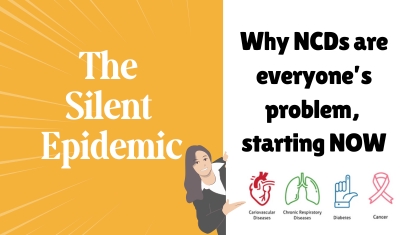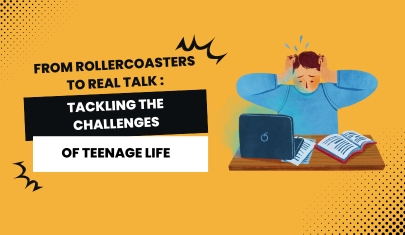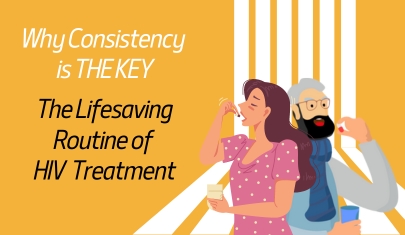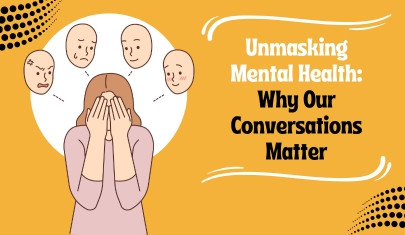General
Knowing Your HIV Status: Steps to Thrive, Not Just Survive
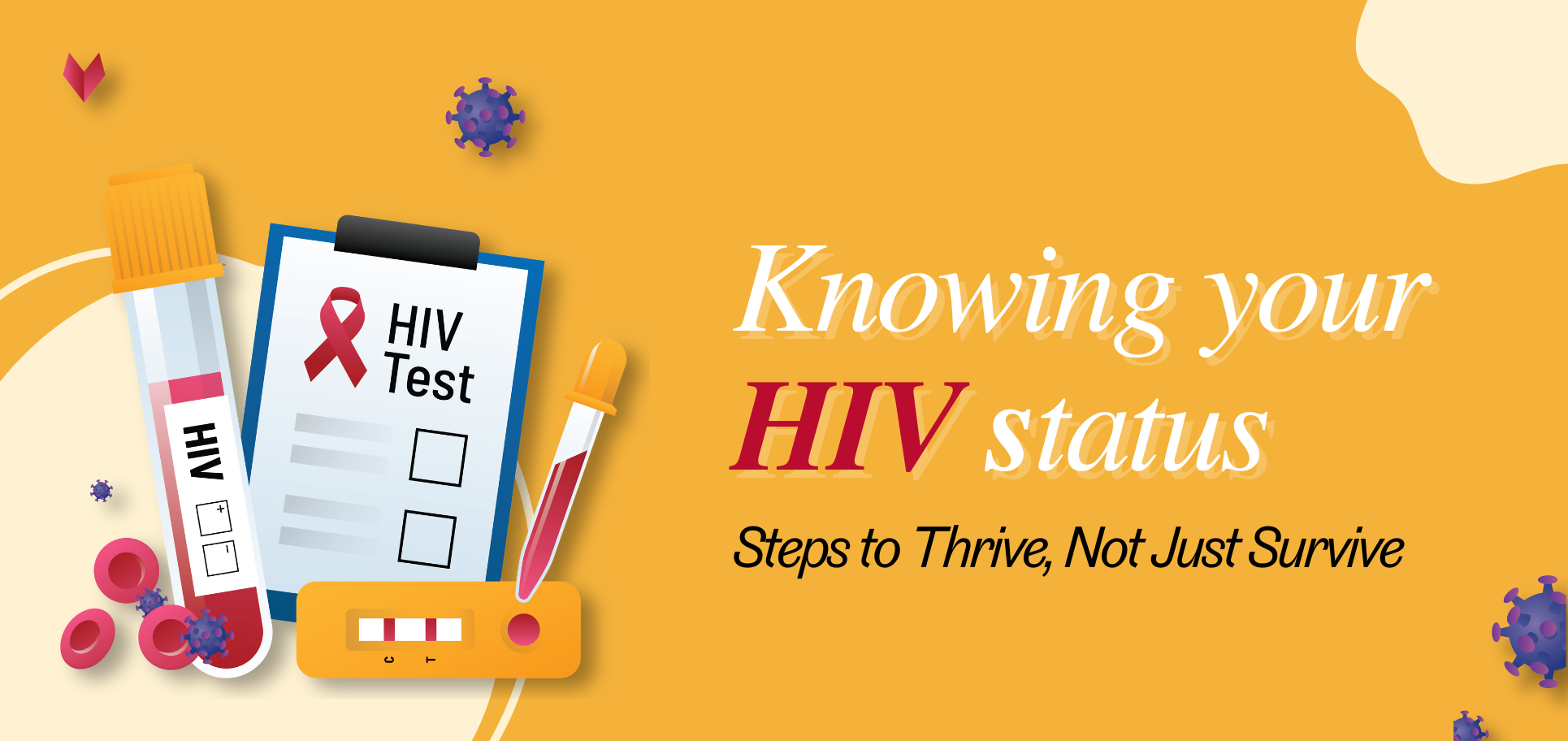
Hey,
So, you’ve just found out you're HIV positive. What’s running through your mind right now? Confusion, fear, maybe even a sense of disbelief? Whatever you're feeling, it's valid. But before you dive into all those overwhelming thoughts, let’s sit down together for a moment and figure this out. Yes, HIV can be life-changing, but it’s not life-ending. There are steps you can take to live a full, healthy, and confident life—and we’re here to talk about how.
When you first get the news, it's natural to feel like your world has been flipped upside down. What does this mean for me? For my relationships? For my future? These thoughts will race through your head, but it's important to pause, take a deep breath, and remind yourself of one thing: HIV is manageable.
With modern treatment and support, you can live a long, healthy life. This is just one chapter of your story, not the whole book. So, take that deep breath, and let’s figure out the next steps together.
The Importance of Starting Treatment Early
After the initial shock settles, the first practical step is to start treatment. Antiretroviral therapy (ART) is the medical term, and it’s the key to managing HIV. Getting started as soon as possible keeps the virus under control and helps you stay healthy.
Why is early treatment so important?
• It controls the virus. HIV weakens your immune system, but ART stops it in its tracks, keeping you strong.
• It protects your loved ones. When your viral load is undetectable, you can’t transmit the virus to others. That’s the beauty of U=U: Undetectable = Untransmittable.
• You feel better. Taking control of your health means more energy and fewer worries about HIV-related illnesses.
Dealing with Your Emotions: You Are Not Alone
Finding out you’re HIV positive can bring a rollercoaster of emotions. You might feel scared, angry, or just plain lost. That’s completely normal. What should I do? Who can I talk to? These are questions most people have after finding out.
The important thing is to remember—you’re not alone. Reach out to someone you trust, whether it’s a family member, friend, or counselor. Talking about your feelings can lighten the load. And if you're worried about how people might react, know that there are support groups where you can meet others living with HIV who truly understand what you're going through.
Who Do You Tell About Your HIV Status?
One of the hardest parts about being diagnosed is deciding who to tell. Do I need to tell everyone? The answer is no—you don’t have to tell anyone unless you want to. However, there are a few people it’s important to tell:
• Your doctor: They’ll help manage your treatment and keep you healthy.
• Sexual partners: It’s crucial to inform any current or future partners about your status. Open conversations, along with U=U, can ease the fear and stigma around transmission.
• Injecting partners: if you are a substance user and need to inject drugs for euphoria or as addiction, remember to tell your injecting partner/s about your HIV status. Discuss with a counsellor on how this should be done.
Aside from these people, disclosure is up to you. You have the right to protect your privacy, and if you don’t feel comfortable sharing your status with someone, that’s okay.
Mental Health Matters: Keeping Your Mind Strong
Managing your mental health is just as important as taking care of your physical health. Will I be okay? you might wonder. Mental health struggles, such as anxiety or depression, are common after an HIV diagnosis. But there are ways to manage this:
1. Build a support system. Whether it’s friends, family, or a professional, having people who care about you makes all the difference.
2. Prioritize self-care. Eat well, sleep well, and exercise. These simple habits can boost your mood.
3. Stay connected with your passions. Don’t lose sight of the things that make you happy. Whether it’s a hobby or spending time with loved ones, keep doing what you love.
If you’re finding it hard to cope, consider seeing a therapist. Sometimes, talking to someone who can provide professional support is exactly what you need.
Taking Care of Your Body: HIV and Overall Health
Taking care of your physical health is key. HIV impacts your immune system, but with proper treatment, you can keep it strong. Here's how:
• Stick to your meds. Take your ART daily. Missing doses can affect your treatment’s success.
• Eat right and stay active. A balanced diet and regular exercise keep your body and mind in check.
• Regular doctor visits. Keeping up with check-ups ensures your treatment is working well and any health issues are caught early.
Love, Relationships, and HIV
Many people worry about relationships after an HIV diagnosis. Will anyone want to be with me? The answer is yes—people living with HIV find love and have fulfilling relationships all the time. The key is open communication:
• Be honest with your partner. Sharing your HIV status early on can build trust.
• Understand U=U. If your viral load is undetectable, you can’t transmit the virus to your partner.
• Use protection. While U=U is a great reassurance, using condoms adds an extra layer of protection.
Dealing with Stigma: How to Stay Strong
In India, there’s still a lot of misinformation and stigma surrounding HIV. What will people think? is a common worry. But here’s something to remember: You don’t need to let others’ ignorance define your life.
Surround yourself with people who lift you up, and seek out support networks where you feel accepted. If you feel ready, you can also educate those around you to help break the stigma. But most importantly, stay proud of who you are. HIV is just one part of your story, not the whole story.
Check-Ups and Monitoring: Stay On Top of Your Health
Living with HIV means regular check-ups. You’ll need routine blood tests to track your CD4 count and viral load. These tests help your doctor see how well your treatment is working and whether any adjustments are needed.
Regular monitoring ensures you stay healthy and your treatment stays effective. It’s just another part of managing your HIV and taking control of your health.
Looking Ahead: Your Life Isn’t Over, It’s Just Different
An HIV diagnosis might make you feel like your world has changed, but life doesn’t stop because of HIV. Your dreams, goals, and relationships are still yours to build. With the right support, treatment, and mindset, you can live a vibrant, fulfilling life.
Remember, you are more than your diagnosis. You have the strength to thrive, not just survive.
YRGCARE is Here for You
If you're feeling unsure about the road ahead, remember that YRGCARE is here to walk it with you. Our team of compassionate and understanding professionals will help you navigate this journey with confidence. You don’t have to face this alone.
We’re here to ensure that you live your life with self-respect, high self-esteem, and a clear path forward. No need to dwell on regret. As the saying goes, “Don’t let yesterday take up too much of today.” What matters now is the choices you make for your future, and we are here to help you make the best ones.
Reach out to us with confidence, knowing that you have a community that cares, listens, and guides. We’re ready to help you thrive.
We are right here for you- call 121 and talk to us- we will take next steps together….
With warmth and support, Team Communications
Most viewed
#HIVAwareness #YRGCARE #HIVTreatment #BreakTheStigma #MentalHealthMatters #HIVPrevention #HIVStigma #HIVEducation #EmpowermentThroughHIV #HealthyLiving #HIVAndRelationships #HIVCare #HIVCommunity #HIVHealth #HIVHope #HIVJourney #HIVPositive #HIVSupport #HIVSupportGroups #HIVWellness #LivingWithHIV #ManagingHIV #MentalHealthAndHIV #PositiveLiving #StayStrongWithHIV #SupportForWomen #TakeControlOfYourHealth #TakeTheRightsPath #ThriveWithHIV #UequalsU




